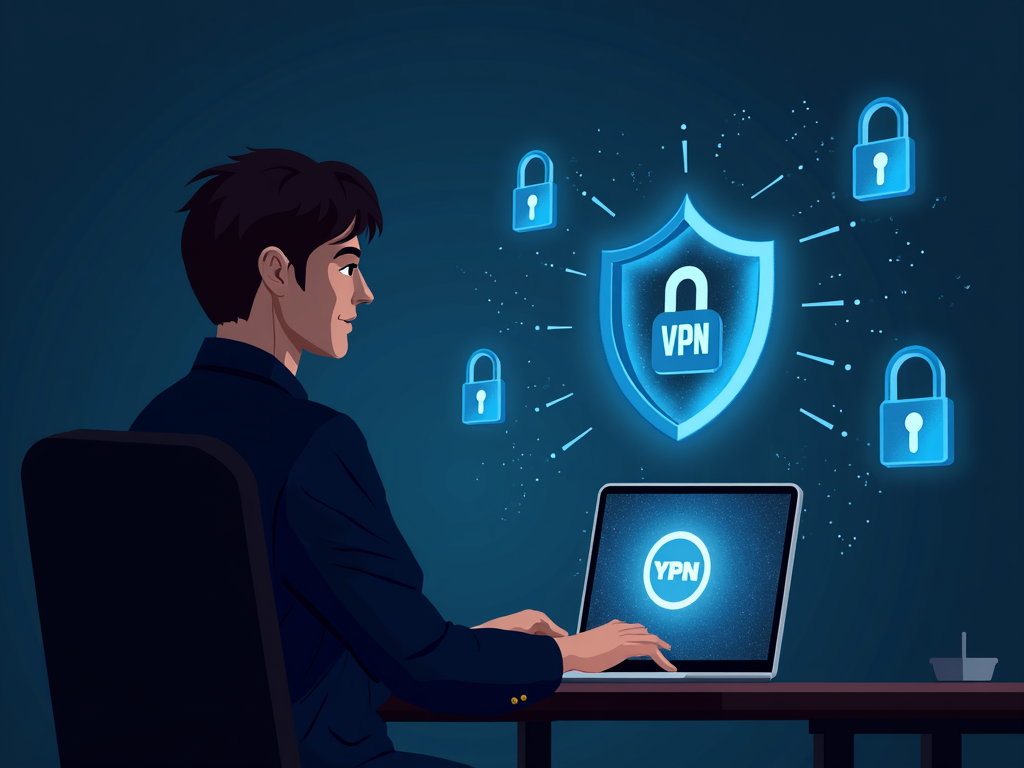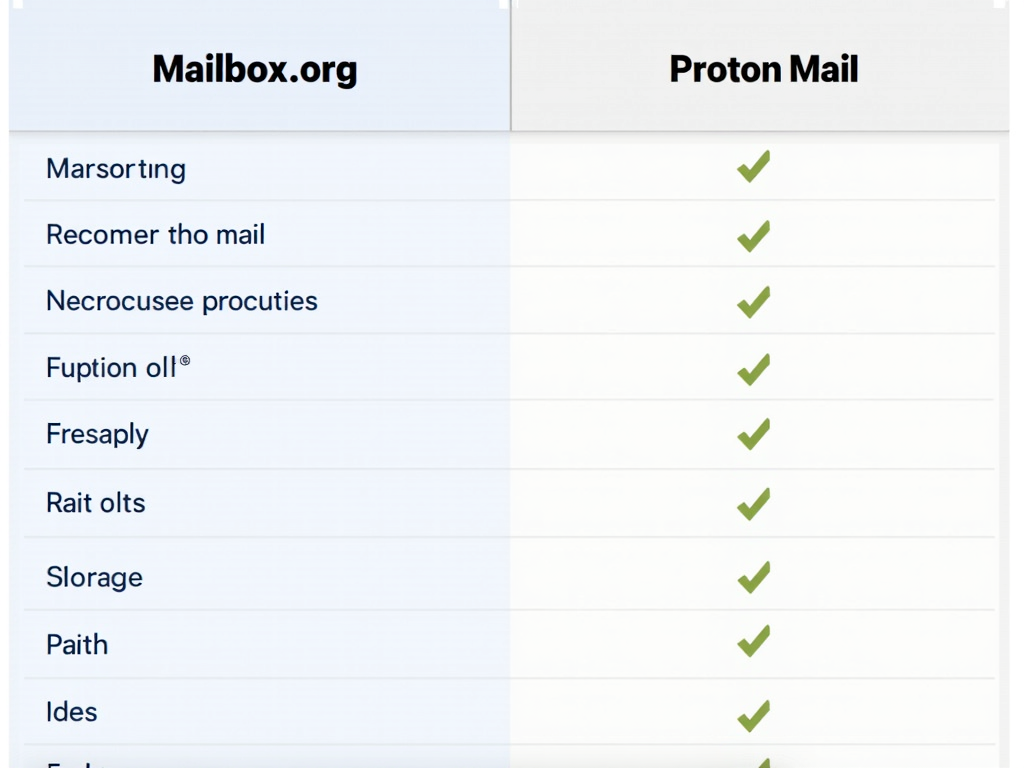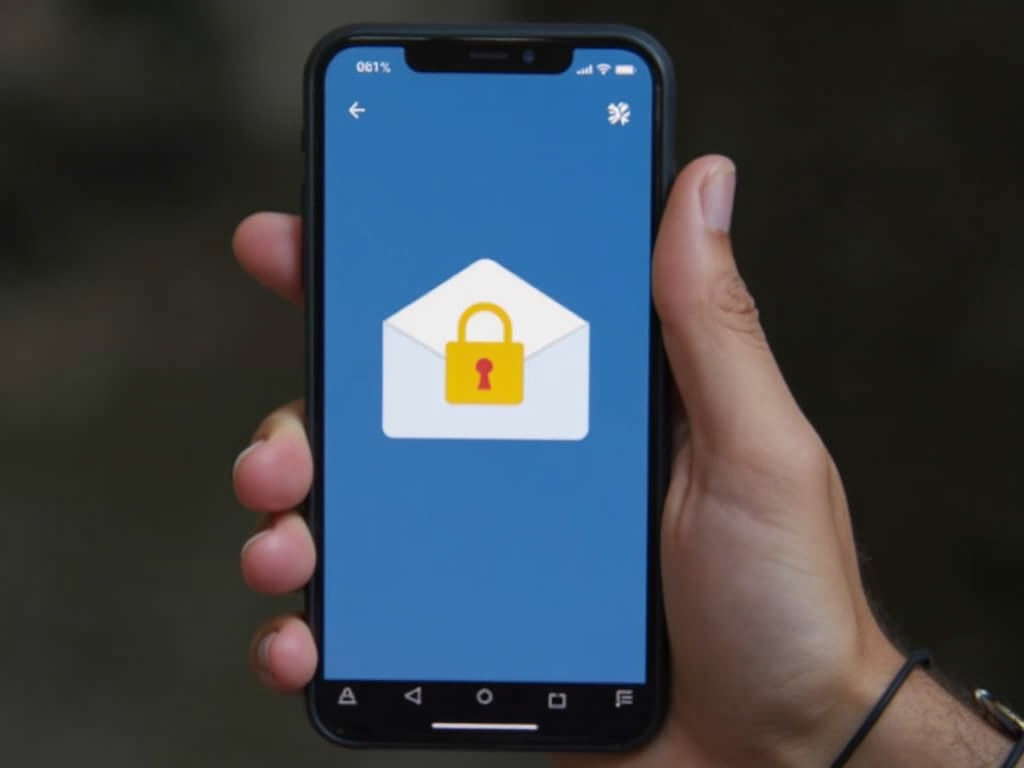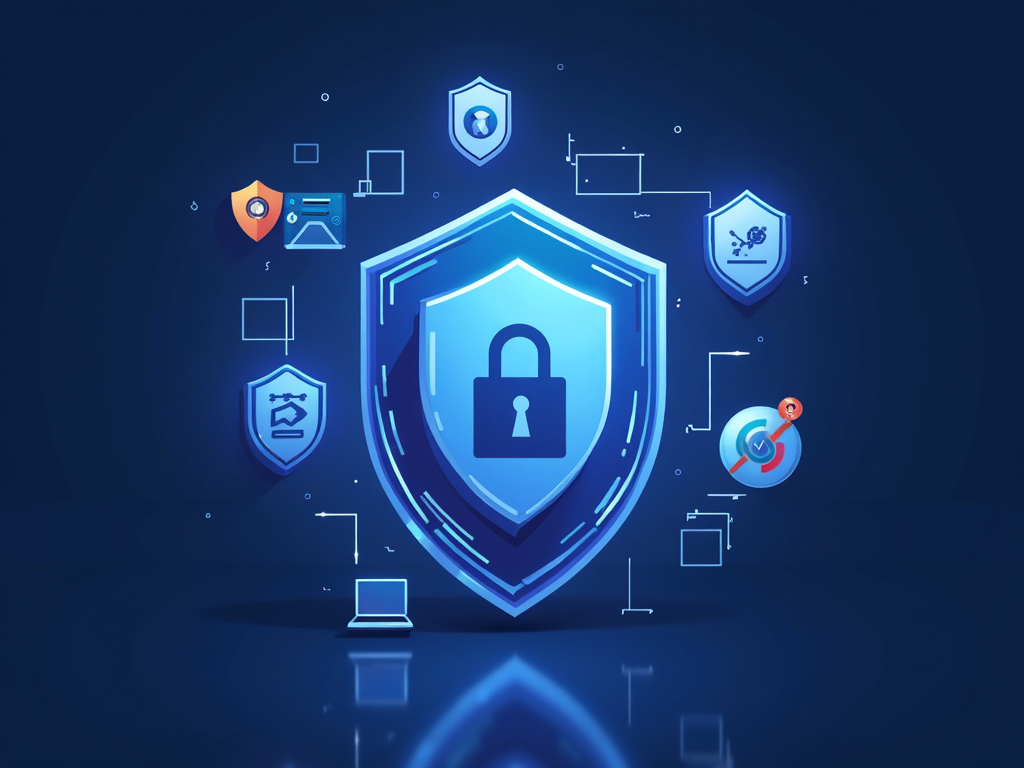Top Online Privacy Tools for 2023: Protect Your Digital Life
In today's digital age, protecting your online privacy is more important than ever. With data breaches, cyber threats, and invasive tracking becoming increasingly common, it's crucial to use tools that safeguard your personal information. This article explores the top online privacy tools for 2023, helping you make informed choices to secure your digital life.

Why Online Privacy Matters
Online privacy isn't just about hiding your activities; it's about controlling who has access to your personal data. Every time you browse the web, send an email, or use an app, you're potentially exposing sensitive information. This data can be used for targeted advertising, sold to third parties, or even stolen by hackers. By using the right privacy tools, you can take back control and protect your digital footprint.
Top Online Privacy Tools for 2023
Here are some of the best tools to help you stay private online in 2023:
- Secure Email Providers: Services like Mailbox.org and Proton Mail offer encrypted email solutions that keep your communications private.
- Virtual Private Networks (VPNs): VPNs hide your IP address and encrypt your internet connection, making it harder for anyone to track your online activities.
- Password Managers: These tools generate and store strong, unique passwords for all your accounts, reducing the risk of password-related breaches.
- Secure Browsers: Browsers like Brave and Tor focus on privacy, blocking trackers and ads by default.
Let's dive deeper into some of these tools, starting with email providers.

Mailbox.org Review: Features and Pricing
Mailbox.org is a German-based email service known for its strong focus on privacy and security. Here are some of its key features:
- End-to-End Encryption: Ensures that only you and the recipient can read your emails.
- Secure Data Storage: All data is stored on servers in Germany, which has strict privacy laws.
- Integrated Office Suite: Includes tools for calendar, contacts, and document editing.
- Custom Domain Support: Allows you to use your own domain name for a professional touch.
Pricing: Mailbox.org offers several plans, starting at €1 per month for basic email and going up to €9 per month for premium features like more storage and advanced security options.
In my experience, Mailbox.org is a solid choice for those who value privacy and want a comprehensive suite of tools. The interface is user-friendly, and the customer support is responsive. However, some users might find the pricing a bit steep compared to other providers.
Proton Mail Review: Features and Pricing
Proton Mail, based in Switzerland, is another popular choice for secure email. It's known for its robust encryption and user-friendly design. Key features include:
- Zero-Access Encryption: Even Proton Mail can't read your emails, as they're encrypted on your device before being sent.
- Self-Destructing Emails: Allows you to send emails that automatically delete after a set period.
- Free Tier: Offers a basic free plan with limited storage and features.
- Cross-Platform Compatibility: Works seamlessly on web, mobile, and desktop.
Pricing: Proton Mail's paid plans start at €4 per month, offering more storage and additional features like custom domains and priority support.
I've used Proton Mail for over a year and appreciate its simplicity and strong security measures. The free tier is a great starting point for those new to secure email, and the paid plans are reasonably priced for the features offered.

Mailbox.org vs Proton Mail: Which Email Provider Is Better?
Choosing between Mailbox.org and Proton Mail depends on your specific needs:
- Security: Both offer excellent security, but Proton Mail's zero-access encryption might appeal to those who prioritize maximum privacy.
- Features: Mailbox.org provides a more comprehensive suite of tools, including an office suite, which could be beneficial for business users.
- Pricing: Proton Mail's free tier is a plus for budget-conscious users, while Mailbox.org's plans are more affordable for those needing advanced features.
- Usability: Proton Mail has a slight edge in terms of user interface and ease of use, especially for beginners.
Ultimately, both are top contenders in the secure email space. If you need a full suite of productivity tools, Mailbox.org might be the better choice. For those focused solely on email security, Proton Mail is hard to beat.
Other Essential Online Privacy Tools
While secure email is crucial, it's just one piece of the privacy puzzle. Here are other tools you should consider:
- VPNs: Services like NordVPN and ExpressVPN encrypt your internet connection and hide your IP address. I personally use NordVPN for its speed and reliability.
- Password Managers: Tools like LastPass and 1Password help you create and manage strong passwords. I've found 1Password to be particularly intuitive.
- Secure Browsers: Brave and Tor are excellent for blocking trackers and ads. Brave is my go-to for everyday browsing due to its balance of privacy and usability.
Remember, no single tool can protect you completely. It's best to use a combination of these tools to create a robust privacy shield.

Tips for Maximizing Your Online Privacy
Here are some actionable tips to enhance your digital privacy:
- Use Strong, Unique Passwords: Avoid reusing passwords across different sites.
- Enable Two-Factor Authentication (2FA): Adds an extra layer of security to your accounts.
- Be Cautious with Public Wi-Fi: Always use a VPN when connecting to public networks.
- Regularly Update Your Software: Keep your operating system and apps up to date to patch security vulnerabilities.
- Limit Social Media Sharing: Be mindful of what personal information you share online.
By following these tips and using the right tools, you can significantly reduce your digital footprint and protect your privacy.
Summary
In 2023, safeguarding your online privacy is not just an option—it's a necessity. Tools like Mailbox.org and Proton Mail offer secure email solutions, while VPNs, password managers, and secure browsers provide additional layers of protection. By understanding the features and benefits of these tools, you can make informed decisions to protect your personal information. Remember, online privacy is an ongoing effort, and staying informed is key to staying safe.